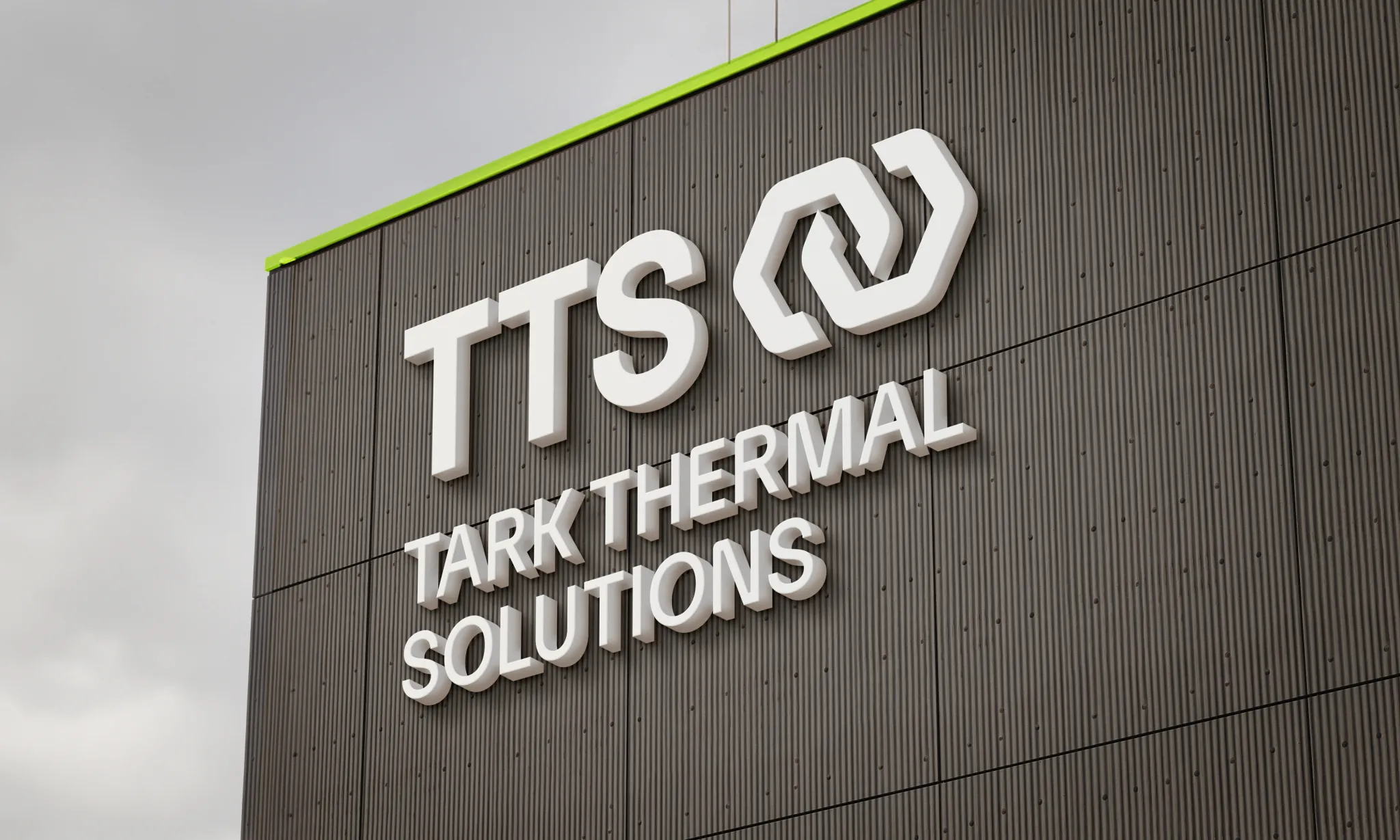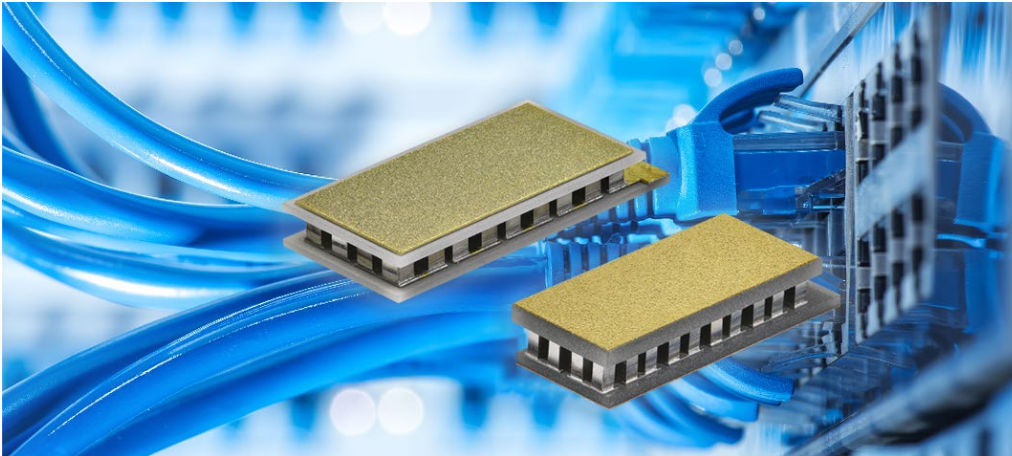培养箱的加热和制冷
简介
培养箱用于在医院和实验室环境下的细胞和组织培养,可在受控条件下培养和维持细胞或组织样本数小时、数周甚至数月。通过保持最佳的温度、湿度、二氧化碳和氧气水平,培养箱能够为细胞和组织样本的生长创造理想环境。对这些环境因素的精确控制使那些细胞培养至关重要的行业能够进行研究和实验工作,这些行业包括动物学、微生物学、药物研究、食品科学和化妆品等。
精准的温度控制对细胞生长尤其重要。如果高于和低于 37°C 的最佳哺乳动物体温,即使只有 6°C,也会对细胞健康产生负面影响。如果温度太低,生长就会减慢,有时甚至造成永久性影响;如果温度过高,敏感蛋白质就会开始变性。
使用热电技术替代基于压缩机的热管理解决方案可提供一种更高效、更具成本效益的选择。此外,世界各地政府对传统制冷剂的最新限制是基于压缩机制冷系统面临的核心问题,这使得热电技术成为一种更环保的培养箱温度控制解决方案。
培养箱要求
在培养箱中,必须要对温度、湿度、二氧化碳和氧气水平进行严格控制,才能进行适当的细胞培养。根据培养箱腔室尺寸,热负荷要求可以在 30~400W 以上的范围内。对于 CO2 培养箱,还必须保持 95%~98%的相对湿度水平和 0.3%~19.9%的指定 CO2 浓度。

